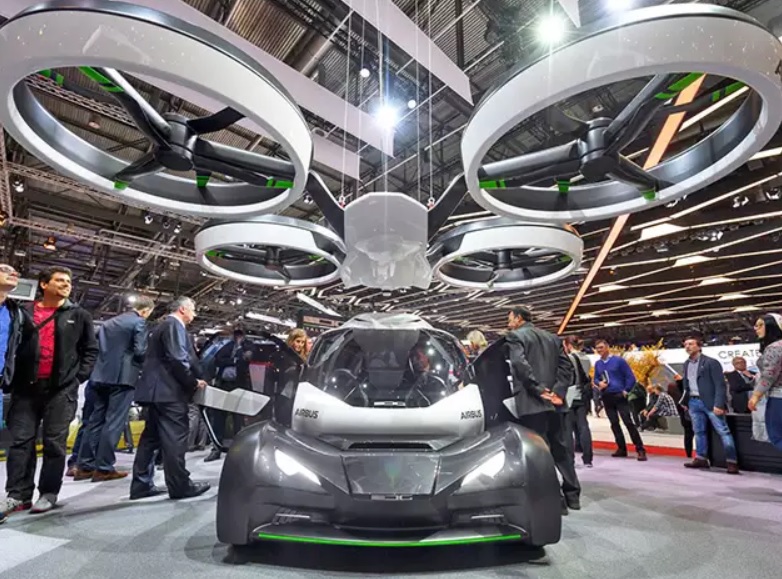Japan is moving forward to develop flying cars, enlisting firms such as Uber Technologies and Airbus in a government-led group to bring airborne automobiles to the nation in the upcoming decade, according to people knowledgeable with the matter.
The group will initially start with about 20 companies, consisting Boeing, NEC Corporation, a Toyota Motor-backed startup named Cartivator, ANA Holdings, Japan Airlines and Yamato Holdings. Delegates will gather August 29 for the first of their monthly meetings, the people stated, asking not to be identified mentioning rules. The Ministry of Economy, Trade and Industry and the Transport Ministry plan to draft a road map this year, they stated.
An Uber spokesperson verified the company’s participation in the group, but refused to comment further. Representatives for Airbus, Boeing and others refused to discuss, as did those for the trade and transport ministries.
Flying cars that can zoom over congested roads are nearer to reality than many considers. Startups across the world are pursuing small aircraft, which were only in the realm of science fiction not long ago. With Japanese companies now trailing their global peers in electric and self-driving automobiles, the government is hurrying on the aircraft technology, stepping in to ease legislation and infrastructure to help achieve leadership.
Uber, which is going to invest 20 million euros ($23 million) over the next five years to develop flying vehicles services in a new facility locating in Paris, has set a goal of starting financial operations of its air-tax business by 2023. Kitty Hawk, the Mountain View, California-based startup founded and funded by Google’s Larry Page, in June offered a notice of an aircraft prototype: a single-person recreational vehicle.


